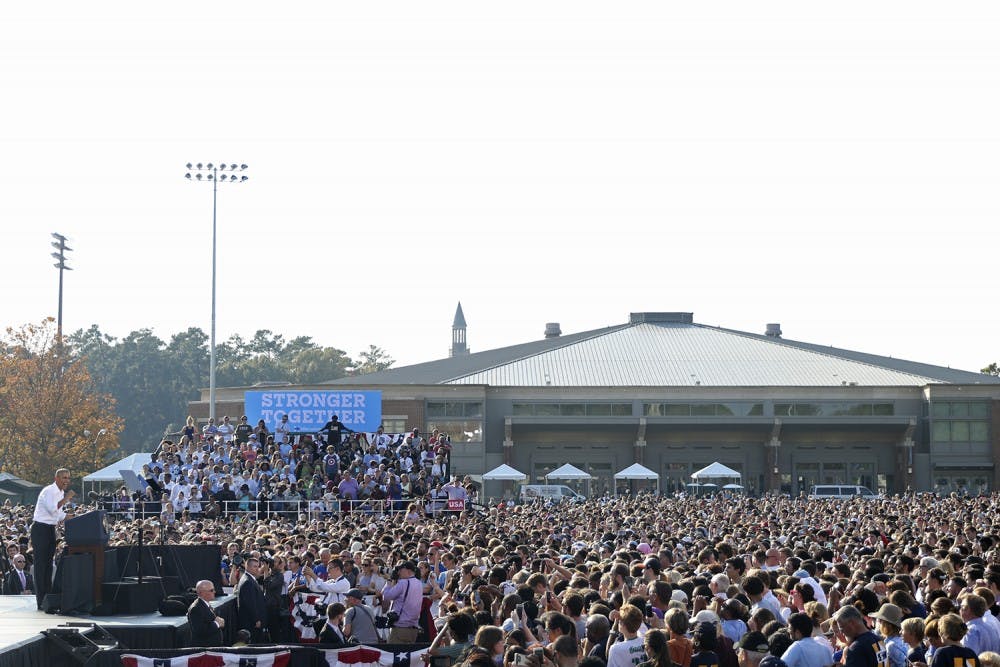To begin with there was the entire Republican field of 18 candidates, featuring junior senators, veteran governors and political outsiders. The high number of political hopefuls actually necessitated the creation of two stages for each debate night.
The veteran governors were some of the first to face defeat, from rising star Wisconsin Gov. Scott Walker, who didn’t make it past summer 2015, to Florida Gov. Jeb Bush, shoved aside early on as “low-energy.”
Bush had a habit of living up to his name in odd ways — from passing out toy turtles to children at his rallies to let them know slow and steady wins the race, to making statements that were too easy to ridicule in the press.
“Please clap,” Bush once told a crowd after they did not laugh at one of his campaign zingers.
The Democratic field started at six but was whittled down to two after the Iowa caucuses — and while most voters know Sen. Bernie Sanders, I.-V.T., and former Secretary Hillary Clinton, who would go on to win the nomination, there was also former Virginia Sen. Jim Webb.
Webb had a unique answer to a question at the debate over what enemy he was most proud of making.
“I’d have to say the enemy soldier that threw the grenade that wounded me,” Webb said. “But he’s not around right now to talk to.”
Very few expected the Democratic primary to last long, but Bernie Sanders, aided by an army of impassioned voters, small donations and one small bird, managed to challenge Clinton until the Democratic National Convention.




